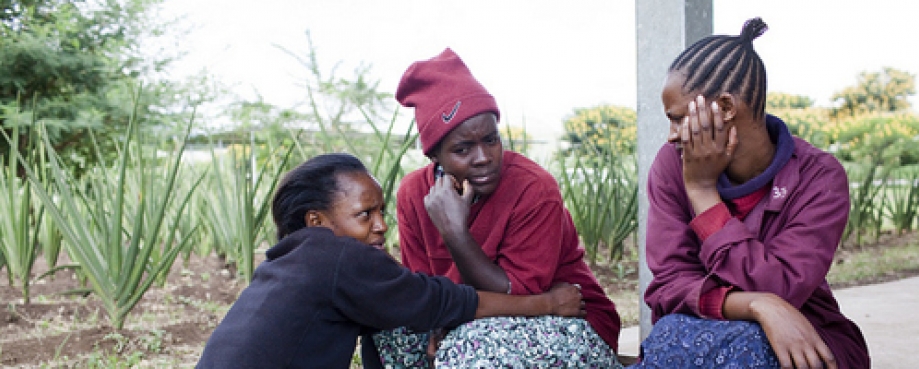
A Peruvian coffee farmer once told me Fairtrade had transformed his life. "Fairtrade opened up the doors for us. We used to be marginalised. Now, as well as farmers, we are coffee exporters. Through the co-op we have learnt to speak up for ourselves."
By supporting smallholders' access to global markets Fairtrade has brought enormous benefits to thousands of smallholder farmers. Other initiatives, notably FSC and organic certification, have had similar success in promoting sustainability of production.
Certification appeals to companies because it fits easily with business systems. For example, it is relatively easy to restrict sourcing to certified suppliers. And, thanks to high and rising levels of consumer recognition, there is a good business case for selling certified products. Fairtrade sales are booming; the Rainforest Alliance little green frog label is also proliferating across supermarket shelves.
Fairtrade has sought to emulate its success with smallholders on plantations. Farms growing tea, flowers and bananas can be certified against Fairtrade Hired Labour standards, which are comparable to the ETI Base Code. Ecological certifiers like Rainforest Alliance have similarly expanded their focus from environmental sustainability to labour standards.
But does certification of plantations have the same impact? Does it empower workers in the same way that Fairtrade certification has empowered smallholder farmers - and if not, why not?
From what I have seen, certification of plantations works well on tangible things that can be inspected. Notably Fairtrade certification ensures that workers have proper employment contracts - no mean achievement!
But inspection is a blunt tool for implementing workers' rights, especially their rights to organise and negotiate collectively, and to date has had little impact, on wages. Strangely, most certification systems do not involve workers - the supposed beneficiaries - except in a passive way as informants during annual compliance inspections.
NGOs and unions have been thinking about what social certification of plantations and factories ought to look like. Such certification should for example:
• involve workers
• implement high standards, especially around the living wage
• facilitate normal collective bargaining and good industrial relations.
Would it not be more sustainable if compliance with standards came through normal collective bargaining, rather than through inspection and corrective actions?
Workers need to know their rights and entitlements and what they can do if these are denied them. Would it not be more sustainable if compliance with standards came through normal collective bargaining, rather than through inspection and corrective actions? Monitoring could be carried out by the workers through their workplace unions. This would free up resources for worker training and capacity building at suppliers.
In other words, certification should be applying the lessons which ETI captured in its 2006 impact assessment ~ that a range of interventions is much more effective than auditing alone. And this is a challenge to certification bodies, which after all are principally involved in the business of inspection.
To its credit, Fairtrade International has taken up this challenge. It is currently revising its hired labour strategy, looking at implementation tools which favour worker empowerment and organisation and considering how workers can be involved in implementation and monitoring. ETI NGOs are keen to open up this debate, including with other certification bodies. What do you think?
Useful links
Northumbria University Social Labelling in the Global Fashion industry seminar
